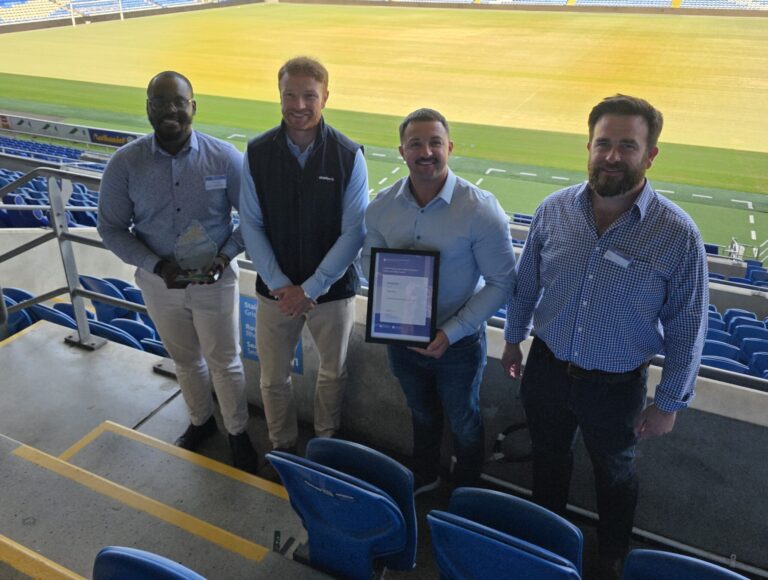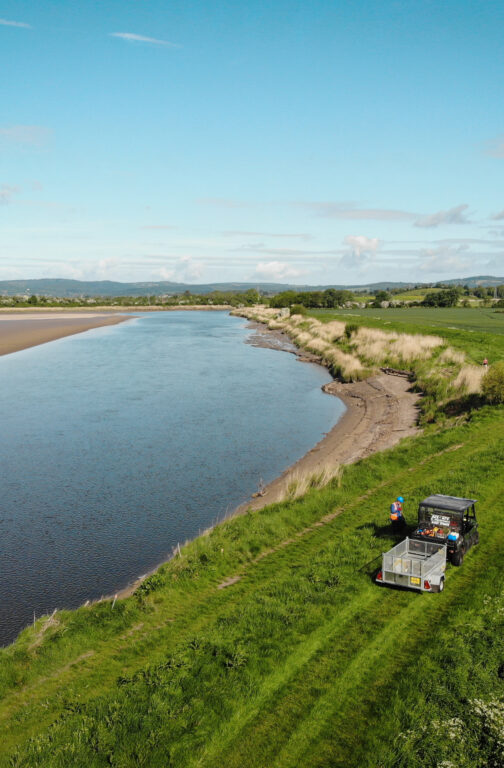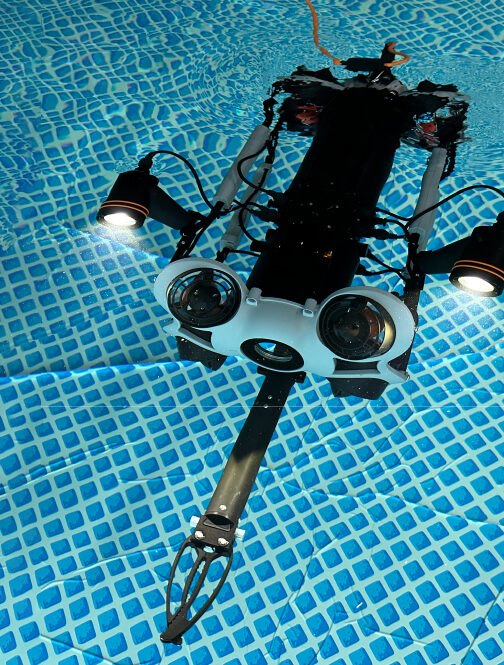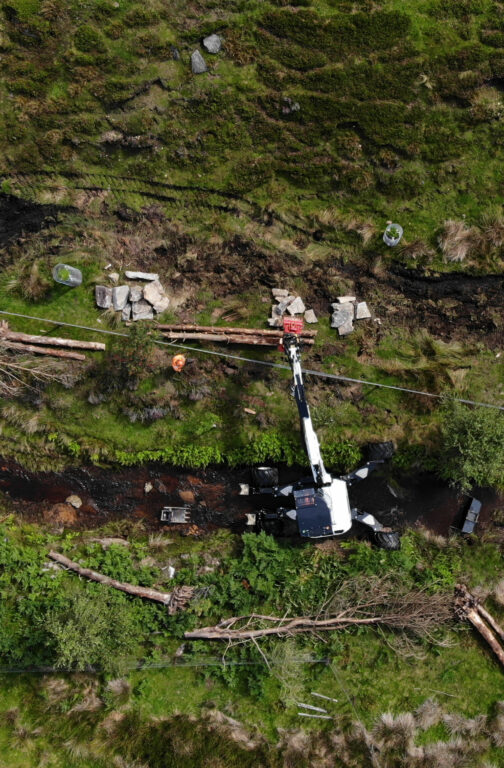Stonbury’s mission to become a leading sustainable water infrastructure specialist puts it in a prime position to help the water industry build back greener from the pandemic.
Alongside a collaboration of government bodies, Ofwat has invited English water companies to play a part in the green economic bounce-back from Covid-19 and better the environment by paying increased attention to the quality of water bodies.
Stonbury is proud to play a pivotal role in supporting water companies in their ambition to build back greener, helping them to solve pressing social and economic challenges whilst delivering lasting improvements for customers, communities, and the environment.
Protecting resources
Stonbury’s strategic goal to become the number one specialist driving sustainability in its chosen markets means it is expanding its scope to deliver sustainable projects throughout the entire catchment, helping clients to protect and enhance vital water resources.
Retaining an extensive portfolio in potable water asset management, in recent years Stonbury has grown its service offerings within the environment sector and now delivers a wide range of ‘blue-green’ engineering projects including natural flood management schemes and river restoration programmes that provide immediate and lasting protection of houses, water resources and local ecology.
In addition to its work in the environment, Stonbury continues to expand its presence in the wastewater sector. As well as offering expert refurbishment and maintenance on traditional assets, Stonbury is undertaking a growing number of reed bed programmes as companies explore more sustainable, environmentally friendly ways of dealing with wastewater.
The whole-catchment approach to water management provides a value-for-money alternative to traditional ‘grey box’ solutions, enabling the industry to utilise nature to alleviate the challenges of resource scarcity and climate change, whilst providing widespread improvements for the environment and securing affordable prices for consumers.
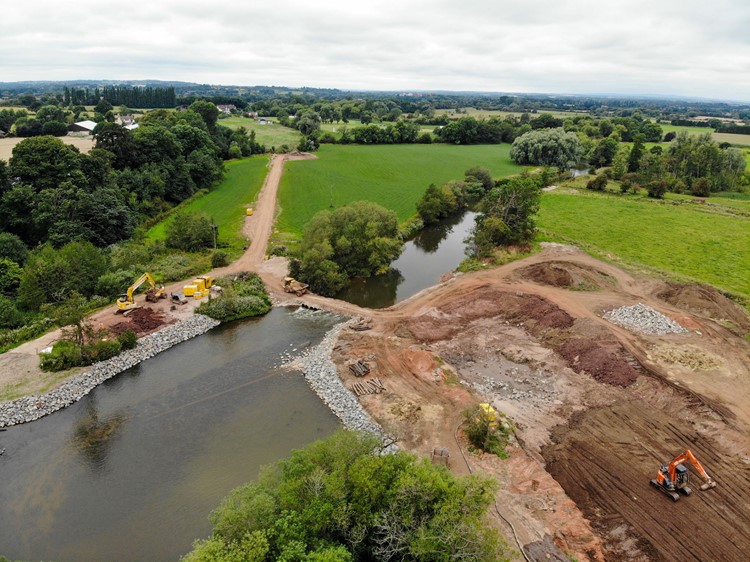
Increasing biodiversity
Striving for biodiversity net gain in all projects is one of Stonbury’s key sustainability intentions. This means that wherever Stonbury work, even beyond environmental schemes, its aim is to leave the natural environment, including plant and animal life, in a measurably better state than it was beforehand.
Stonbury has undertaken many schemes in the past year in which the main objective is to enhance biodiversity and add resilience to natural ecosystems. The removal of the Dovecliff Weir, the largest of its kind in the UK, allowed the free movement of aquatic life for the first time in 900 years. Stonbury also holds two current river restoration frameworks, one which aims to restore the west of England’s rare chalk stream habitats.
As fast adopters of innovative practices, Stonbury is also excited to begin using the Environment Agency’s Biodiversity Net Gain Calculator, and to expand the use of such environmental calculators beyond Environment Agency projects. This would enable teams to calculate costs against biodiversity gain which in turn impacts water quality, drought attenuation and wider environmental health.

Producing sustainable energy
Another focus of the broader green recovery is an industry shift toward sustainable energy sources. Stonbury hopes to help provide opportunities to transition with the expansion into this sector last year. The first of a series of projects to create the infrastructure for biomethane harvesting lagoons is almost complete, with the second now under construction.
In water industry projects, Stonbury continues to push forward with low-carbon solutions delivery, completing its first reservoir refurbishment with tools and welfare cabins run solely on Hydrogenated Vegetable Oil (HVO) fuel and solar power. As water industry and water environment specialists, Stonbury understands the importance of a whole-system approach and looks forward to playing an essential role in the green recovery.
“At Stonbury, we take immense pride in giving attention to the smallest details to improve the way we deliver our projects. The works we do, such as our invasive non-native species programmes, directly contribute to increasing biodiversity and we are excited to begin new restoration frameworks that make a significant difference to the environment.”
Scott Rice
Maintenance & Fisheries Delivery Manager
